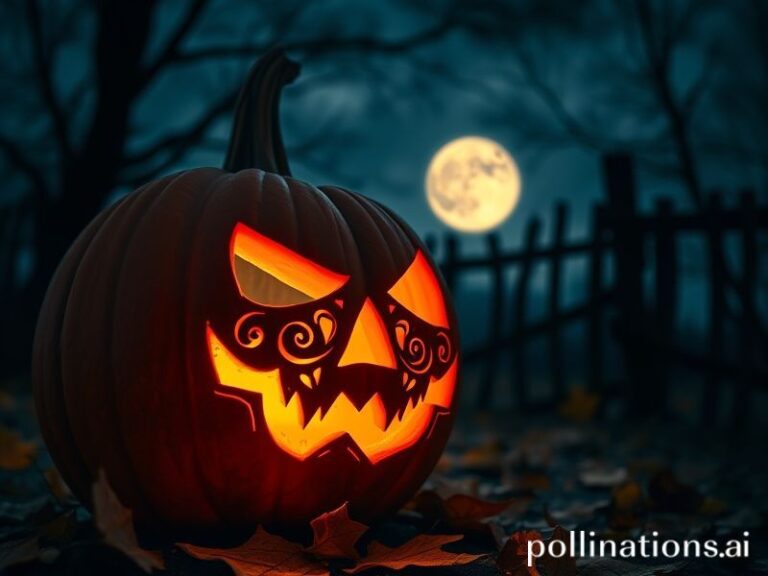The Crimson Tide: Decoding the Internet’s Latest Obsession, ‘Young Bleed’
# The Crimson Tide: Why “Young Bleed” Is the New Internet Obsession
In the vast, ever-shifting ocean of internet trends, a new wave has crashed onto the shores of global consciousness. It’s not a dance, a meme, or a viral challenge—it’s a phrase that’s got everyone from Gen Z to boomers scratching their heads and Googling furiously. Welcome to the world of “young bleed,” the latest enigmatic trend that’s got the internet buzzing with curiosity and confusion.
## What Is “Young Bleed”?
At its core, “young bleed” is a phrase that’s been popping up everywhere—on social media, in forums, and even in casual conversations. But what does it mean? The answer, as it turns out, is a bit of a mystery. Some say it’s a slang term for a specific type of youthful exuberance, while others insist it’s a cryptic reference to a new subculture. The truth, as always, is somewhere in the middle.
## The Cultural Context
To understand “young bleed,” we need to dive into the murky waters of internet culture. The phrase first gained traction on platforms like TikTok and Twitter, where it was used in a variety of contexts—sometimes as a hashtag, other times as a cryptic comment. It’s part of a broader trend of internet slang that’s designed to be deliberately vague, allowing users to interpret it in their own way.
This ambiguity is key to its appeal. In a world where everything is over-explained and over-analyzed, “young bleed” offers a refreshing dose of mystery. It’s a blank canvas, ready to be filled with whatever meaning the internet chooses to project onto it.
## The Social Impact
The rise of “young bleed” has had a ripple effect across the digital landscape. It’s sparked countless memes, inspired creative interpretations, and even led to some serious (and not-so-serious) discussions about the nature of youth culture. But beyond the laughs and the head-scratching, there’s a deeper significance to this trend.
“Young bleed” is a testament to the power of collective imagination. It’s a reminder that the internet is more than just a tool—it’s a cultural force that shapes and is shaped by the people who use it. By embracing ambiguity and encouraging interpretation, “young bleed” has become a symbol of the internet’s ability to bring people together in unexpected ways.
## Why It Matters
So, why should we care about “young bleed”? For starters, it’s a fascinating case study in the evolution of internet culture. It’s a reminder that trends don’t always follow a clear-cut path—they can be mysterious, ambiguous, and open to interpretation.
But more importantly, “young bleed” is a symbol of the internet’s power to unite people around a shared experience. In a world that’s increasingly divided, it’s a refreshing reminder of our collective ability to find meaning in the chaos.
## The Future of “Young Bleed”
As with any internet trend, the future of “young bleed” is uncertain. It may fade into obscurity, or it could evolve into something entirely new. But one thing is clear: it’s left an indelible mark on the digital landscape.
So, the next time you see “young bleed” pop up in your feed, take a moment to appreciate the mystery. It’s not just a phrase—it’s a cultural phenomenon, a testament to the power of the internet, and a reminder that sometimes, the most meaningful things are the ones we can’t quite explain.
—







